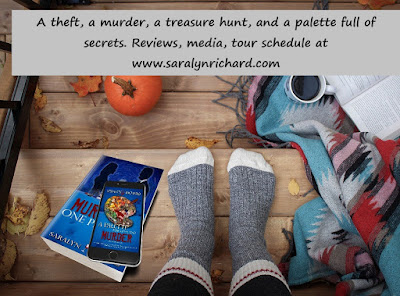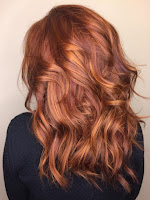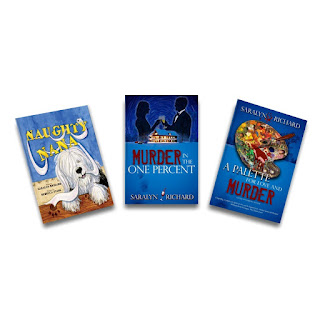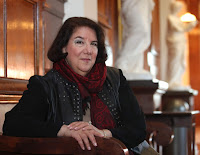What Makes Excellent Writing?
Makes Excellent Writing?
Saralyn Richard
writing off and on for years. It was an elective for upper class students in a
large suburban Chicago high school. Part of our curriculum was to produce a
literary magazine each year, and we entered our work in a National Council of
Teachers of English contest. Oftentimes we won awards for our content or
layout, and quite a few of my students went on to become successful writers.
writing to adults aged 55 or older at the Osher Lifelong Learning Institute.
I’m finding the learners to be extremely motivated. The problem for them is not
choosing what to write about, but choosing which of many ideas and experiences
to write about first. My learners are serious, thoughtful, observant,
experienced, and well-read. Their responses to assignments are creative and
clever, worthy of being submitted for contests or publication.
makes excellent creative writing, and when I consider possible replies, I find
the same things apply to both high school writers and adult writers.
writing, in my opinion, is the ability to imagine and bring to life one or more
relatable characters. These characters do not have to be alter-egos of the
author who creates them. They don’t even need to be the same gender, race,
creed, or age. They don’t need to be perfect; in fact, perfection would be a
detriment to being relatable for readers.
of themselves enough to paint a realistic word-portrait of characters who are
unlike them? The process for me is similar to what an actor does in assuming a
role for a play. When I’m writing about a character, I immerse myself into the
body and mind of that person. I lose my own identity as I write the scenes
where my character speaks and thinks and acts.
excellent writing is awareness of theme. I use the term “theme” to mean the
overall purpose for the story. When the author consciously crafts the writing
based on a specific purpose, all of the narration, exposition, description, and
dialogue fall into place, unifying the readers’ experience. I’ve read many sagas
that took me across generations and geographical locations without tying the
chapters and sections together, and they’ve left me wondering about the
author’s intent. My favorite tales lead me to some truth, some higher awareness
about life or people.
other important strategies and methods in a writer’s toolkit. As a creative
writing teacher, I encourage my students to practice them all. As a writer,
myself, I strive to do the same. The two books in the Detective Oliver Parrott Mystery
series, Murder in the One Percent and
A Palette for Love and Murder, have
thoroughly imagined characters and (hopefully) articulated themes.
these and other topics with the Stiletto Gang readers. Whatever questions you
have about creative writing, I’m interested.
writer who teaches on the side. Her books, Naughty
Nana, Murder in the One Percent,
and A Palette for Love and Murder,
have delighted children and adults, alike. A member of International Thriller
Writers and Mystery Writers of America, Saralyn teaches creative writing at the
Osher Lifelong Learning Institute, and continues to write mysteries. Reviews,
media, and tour schedule may be found at http://saralynrichard.com.
https://www.twitter.com/SaralynRichard,
https://www.linkedin.com/in/saralyn-richard-b06b6355/,
https://www.pinterest.com/saralynrichard/, https://www.instagram.com/naughty_nana_sheepdog/
https://www.goodreads.com/author/show/7338961.Saralyn_Richard.
“A compelling story of worlds in collision, A Palette for Love and Murder plumbs the depths of love and the
human heart.”
Kent Krueger, author
of This Tender Land
vibrant characters that will leave readers looking forward to more.” —LynDee
Walker, Agatha Award-nominated author of Front
Page Fatality
delights with its verve and wit. The character studies are wonderful, and
Oliver and Tonya Parrott are an irresistible pair.” – Ausma Zehanat Khan,
author of A Deadly Divide






